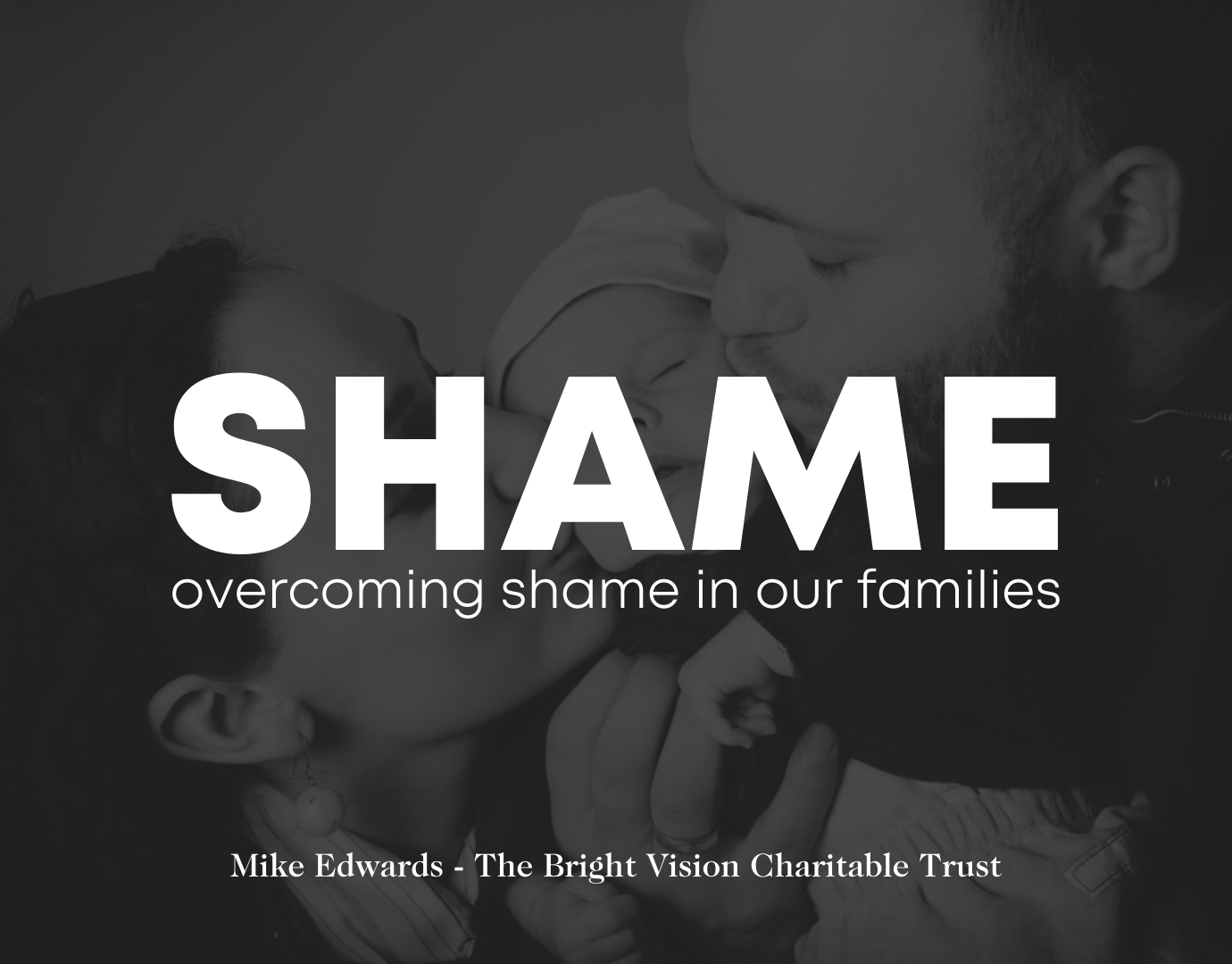“Why can’t you be more like your sister!”, I said.
These words still shame me – they certainly shamed my daughter.
We say things like this to change bad behaviour – but what they actually say is: “You’re not good enough”.
That’s how my daughter felt.
Her older sister – recently married – did so much around the house.
I wanted my other daughter to “step up” and do the same.
My words just brought shame.
It made her feel useless.
We’ve all shamed our kids.
A young mum might say – “You naughty boy” – when baby cry’s instead of sleeping.
A solo mum might say – “You’re just like your father” or “You should go and live with dad.”
Other words of shame I’ve heard parents use include:
“You selfish brat!”, You cry baby!” You useless little prick!”
“Grow up!”
“Toughen up!”
“Don’t be a sissy!”
When we’re shamed, we don’t change our behaviour – we hide.
We hide because shame tells us – “who we are is bad” and “who we are is not welcome here”.
We’ve all shamed our kids – we pull shame out of our parenting toolbox when we’re exhausted and overwhelmed.
It’s ineffective and damaging – and we learnt it off our parents.
We make it right – by getting beside.
Beside is the place where behaviour is changed and relationships are kept whole.
When you’re beside – you have their back.
Side-by-side means you’re not in their face. You’re at their level.
So, you first have to find calm.
It’s also impossible to be beside someone – without saying sorry.
We say sorry not when we feel heard, but when the child feels understood.
Saying sorry means apologising for the shameful words and committing to not saying them again.
You might not transform all your shameful ways – but if your go-to words are “Why can’t you be more like your sister!” – just commit to never say those words again.
Share your feelings: – “When you didn’t do the dishes – it made me feel like this.”
Tell them how your behaviour should have been different – and what they can do differently next time too.
